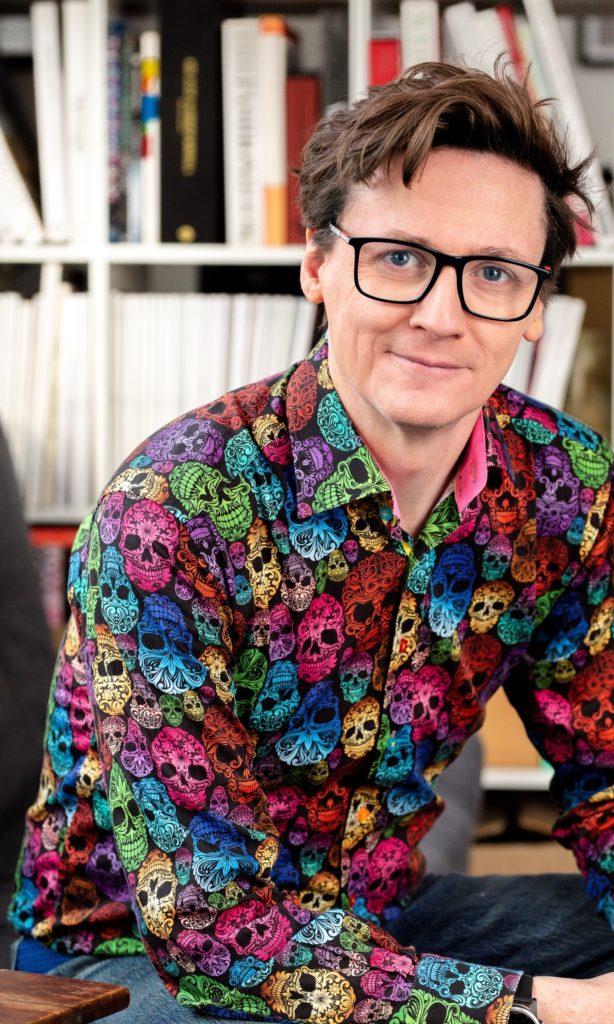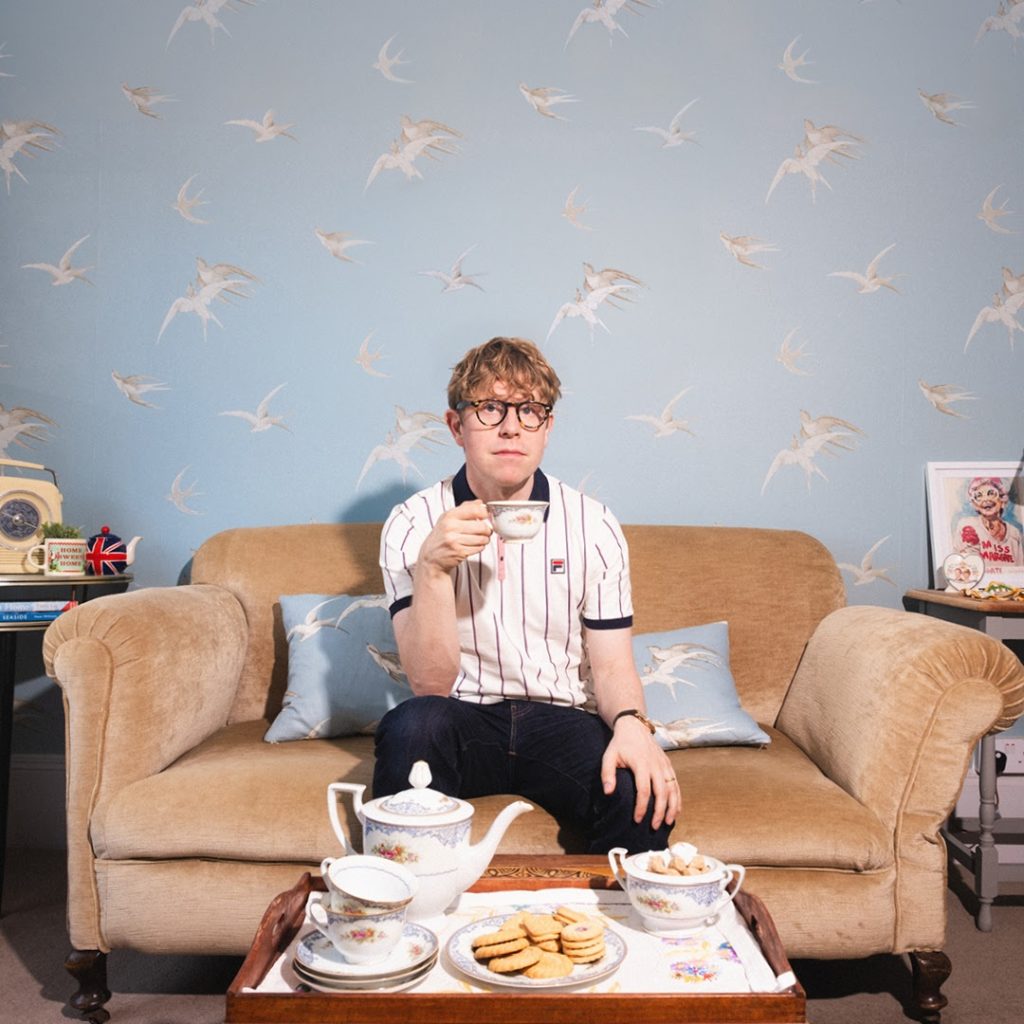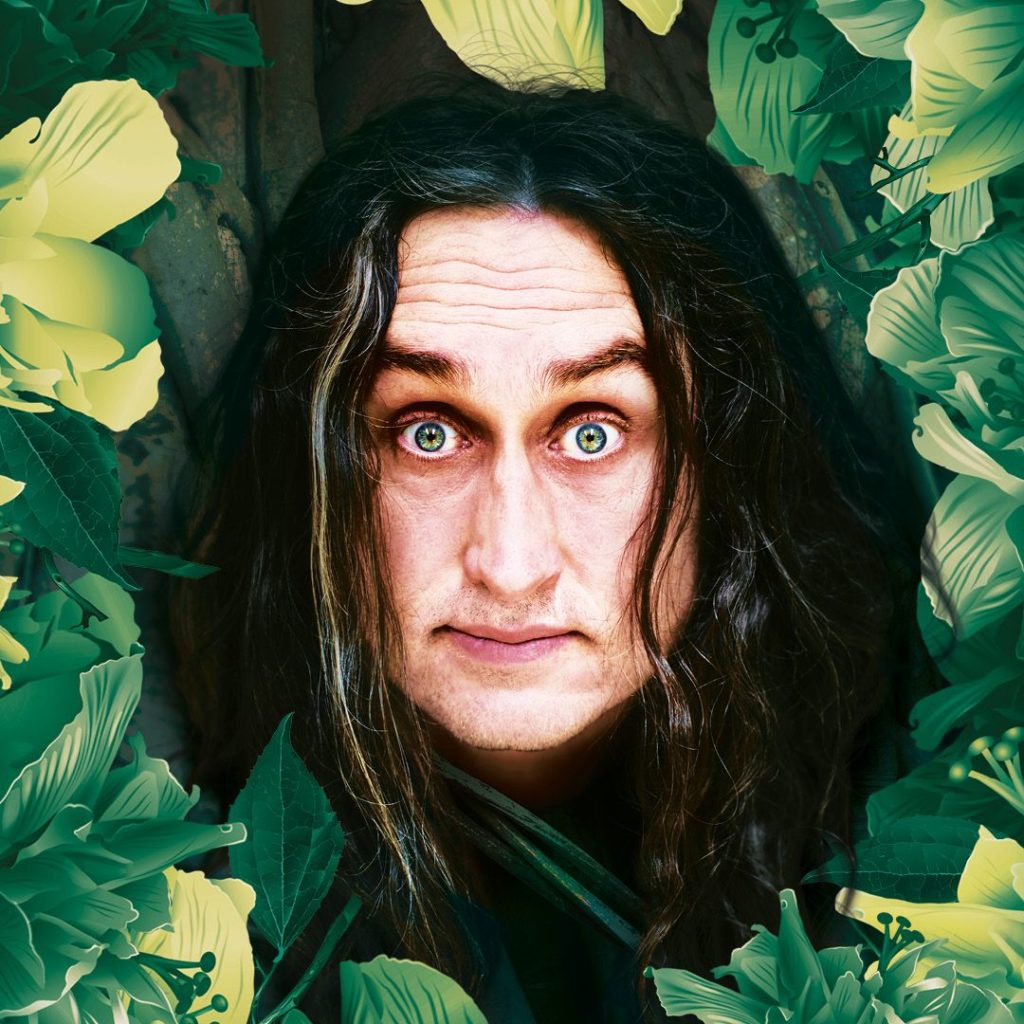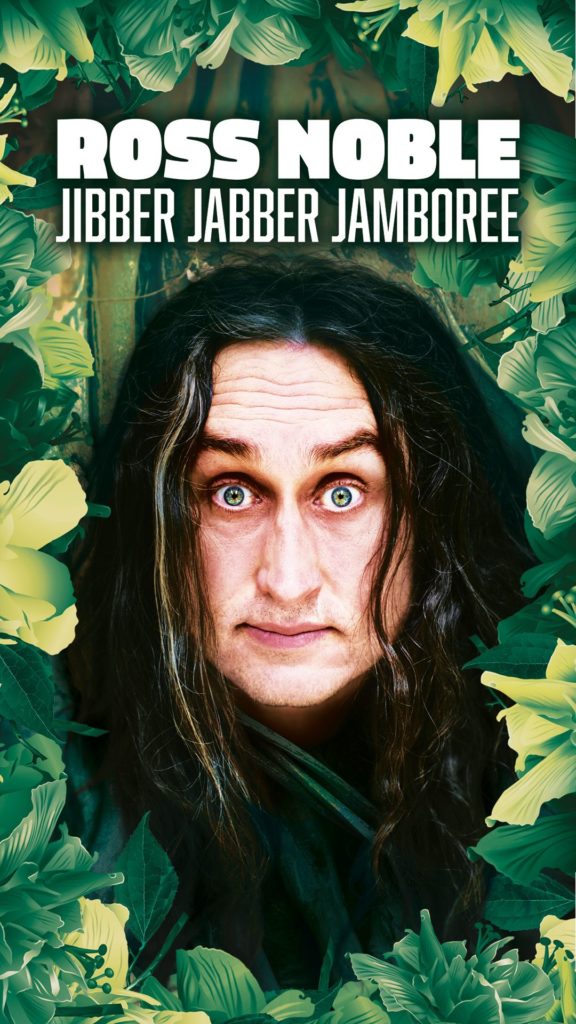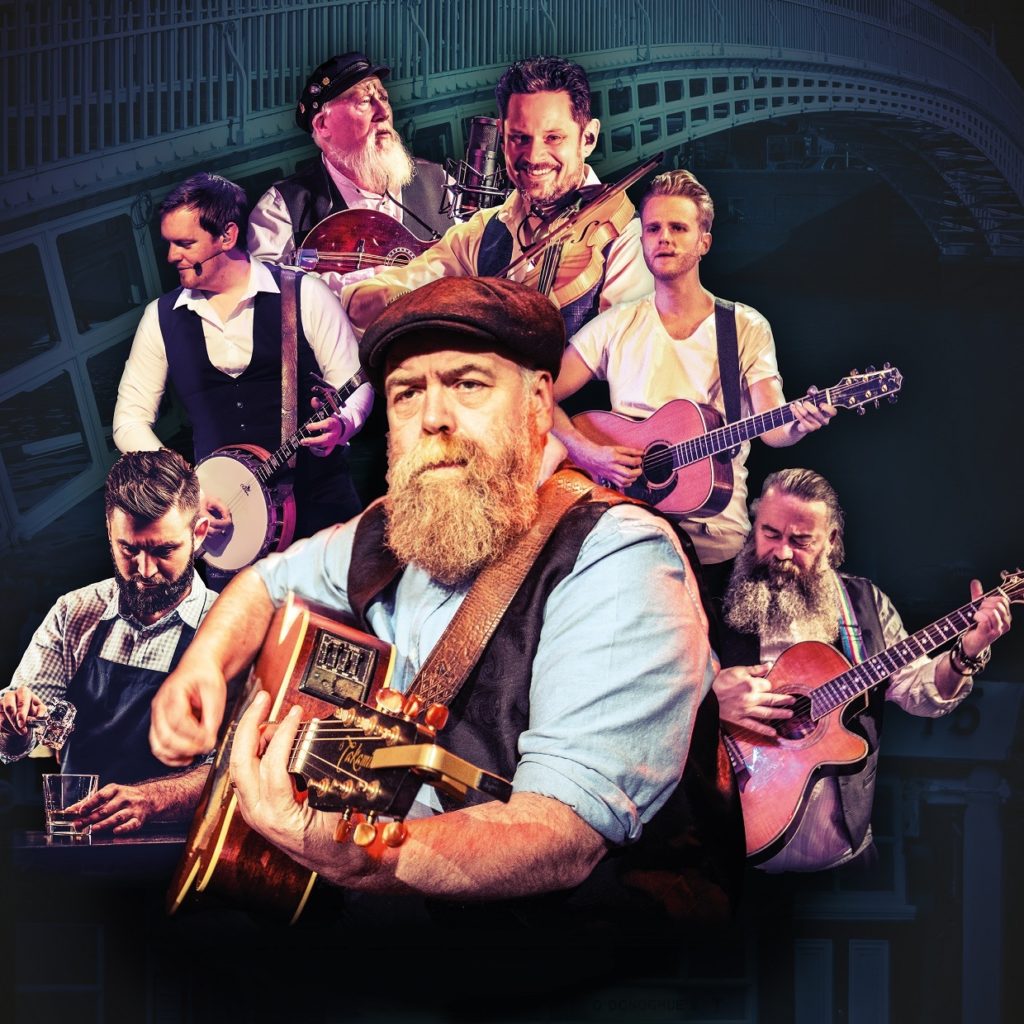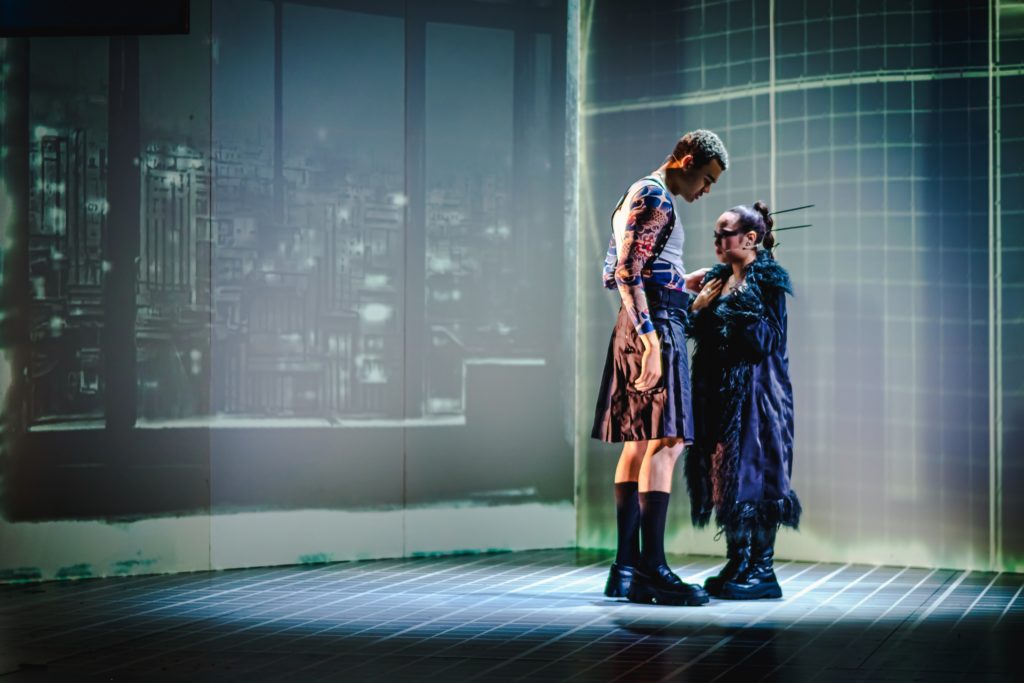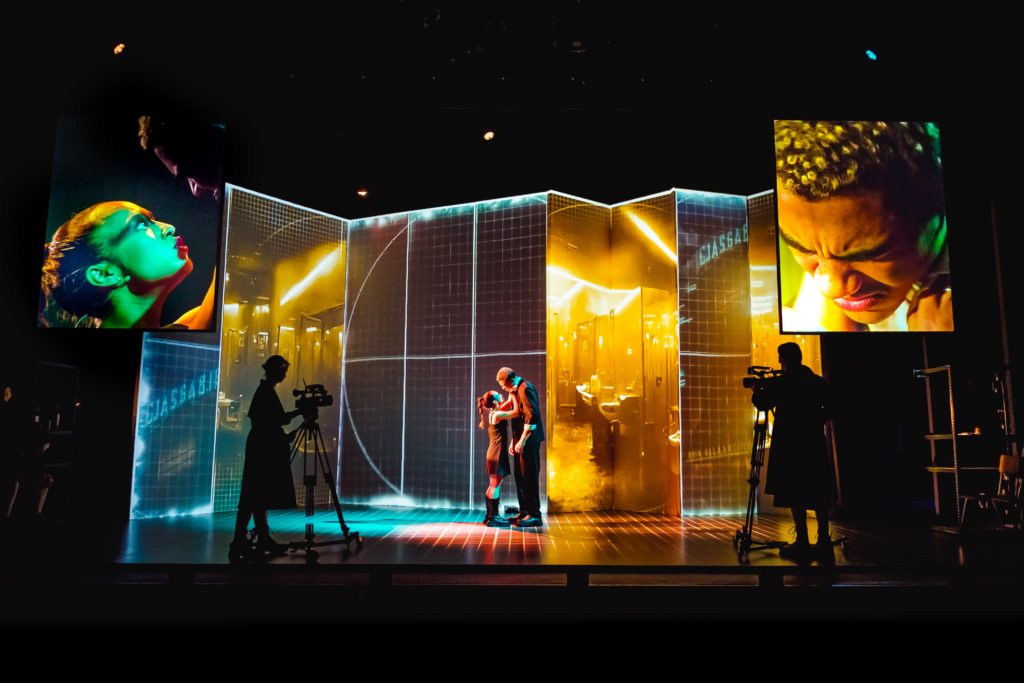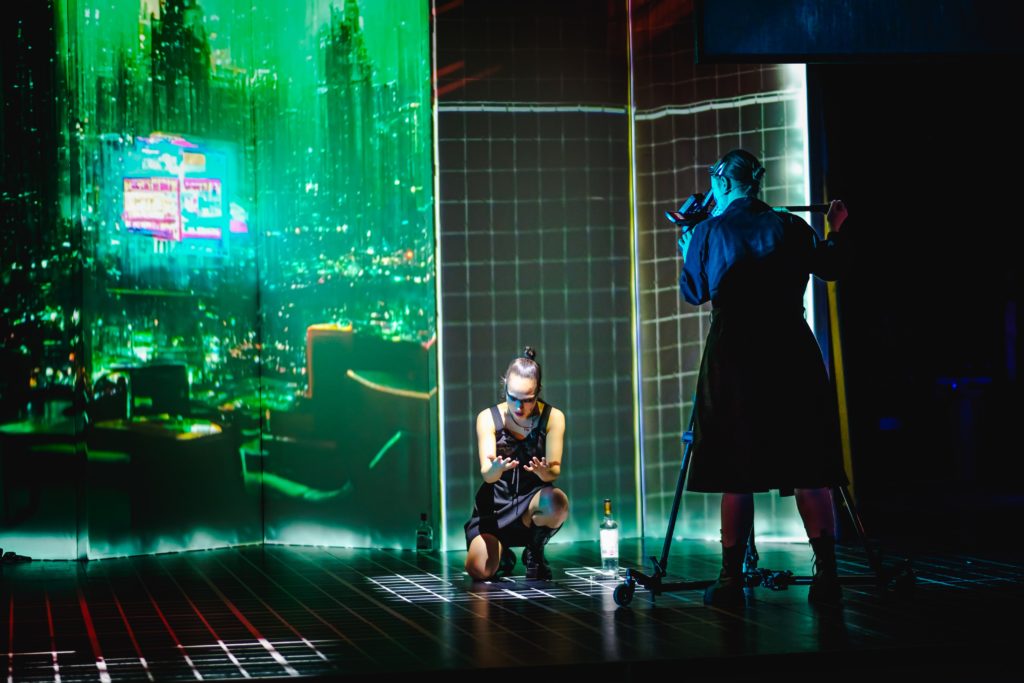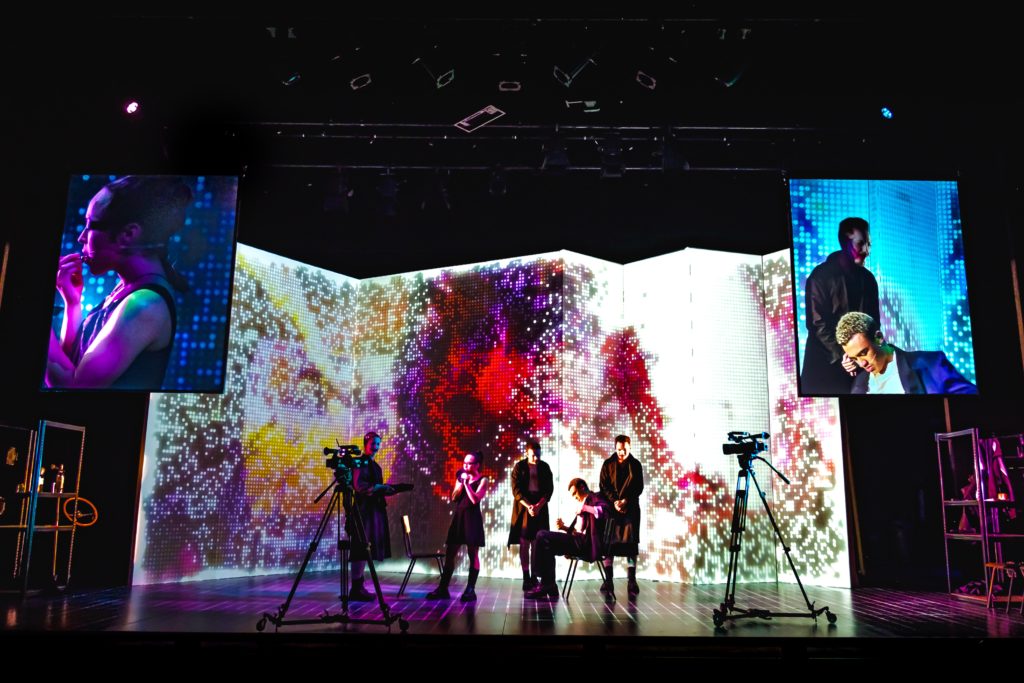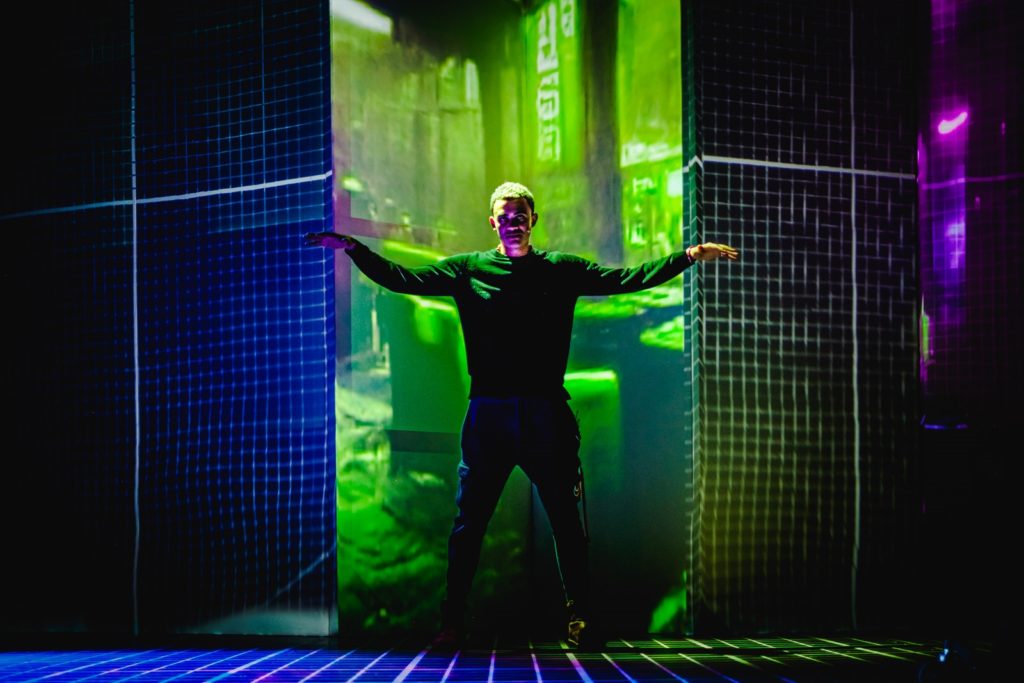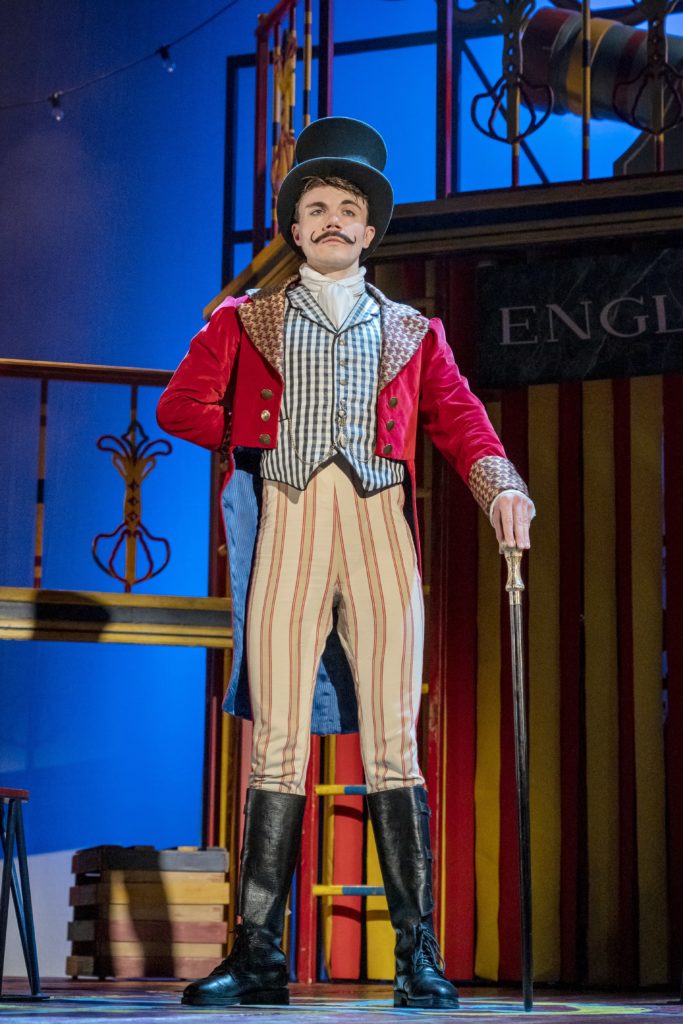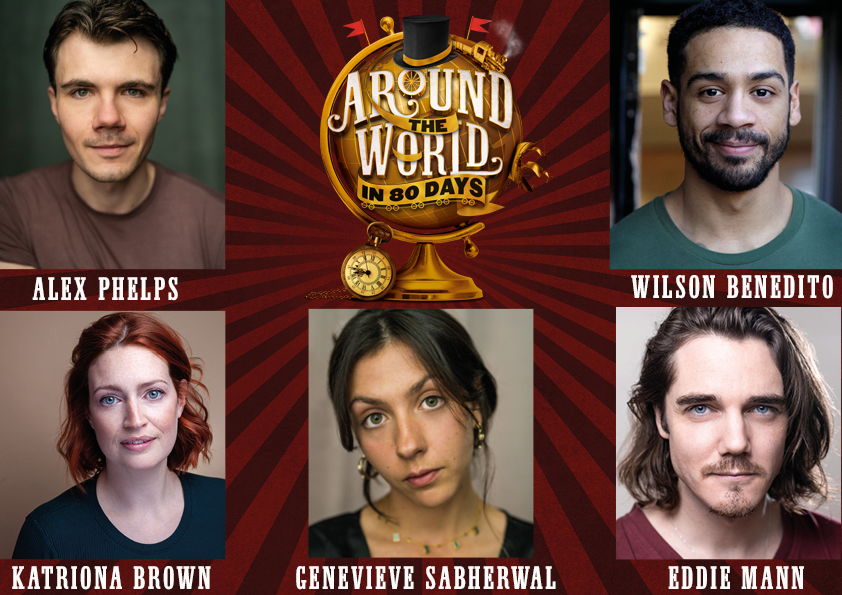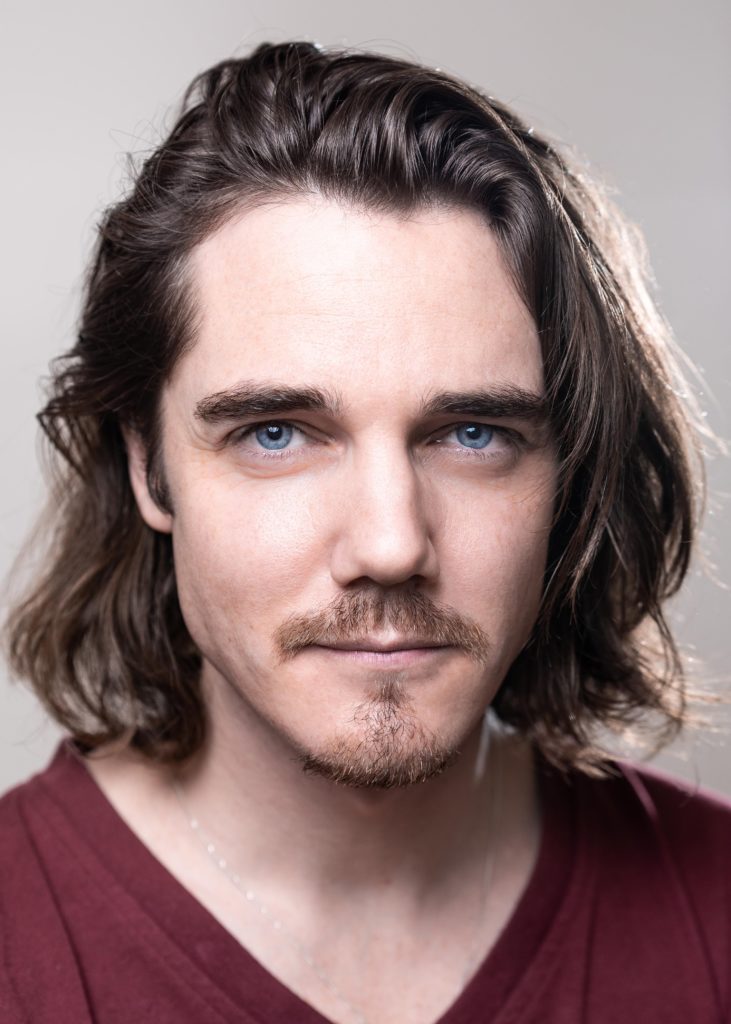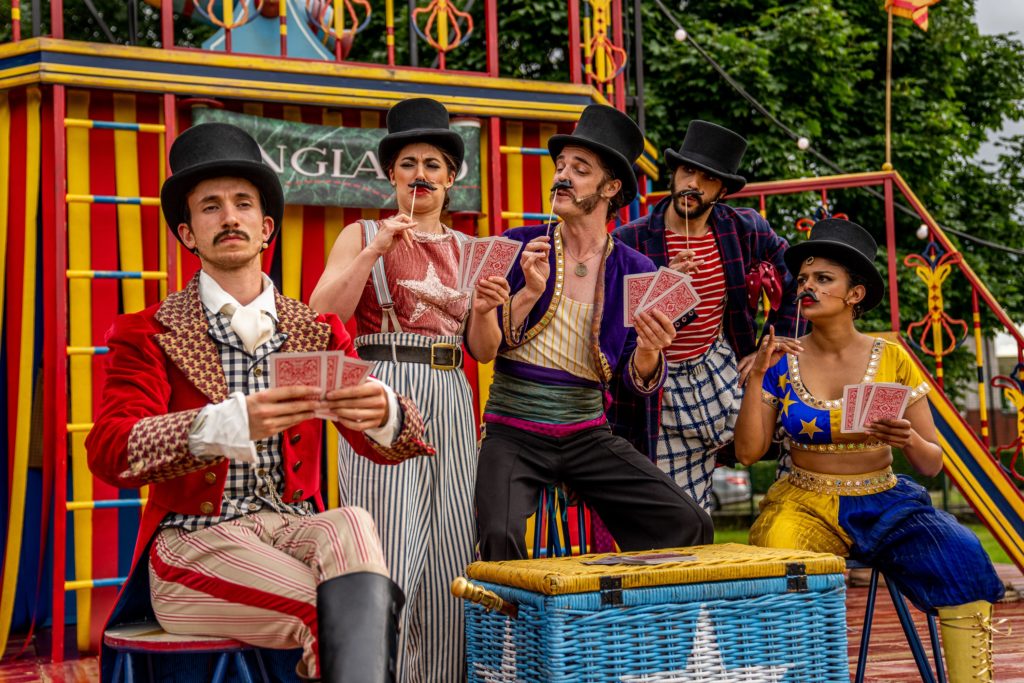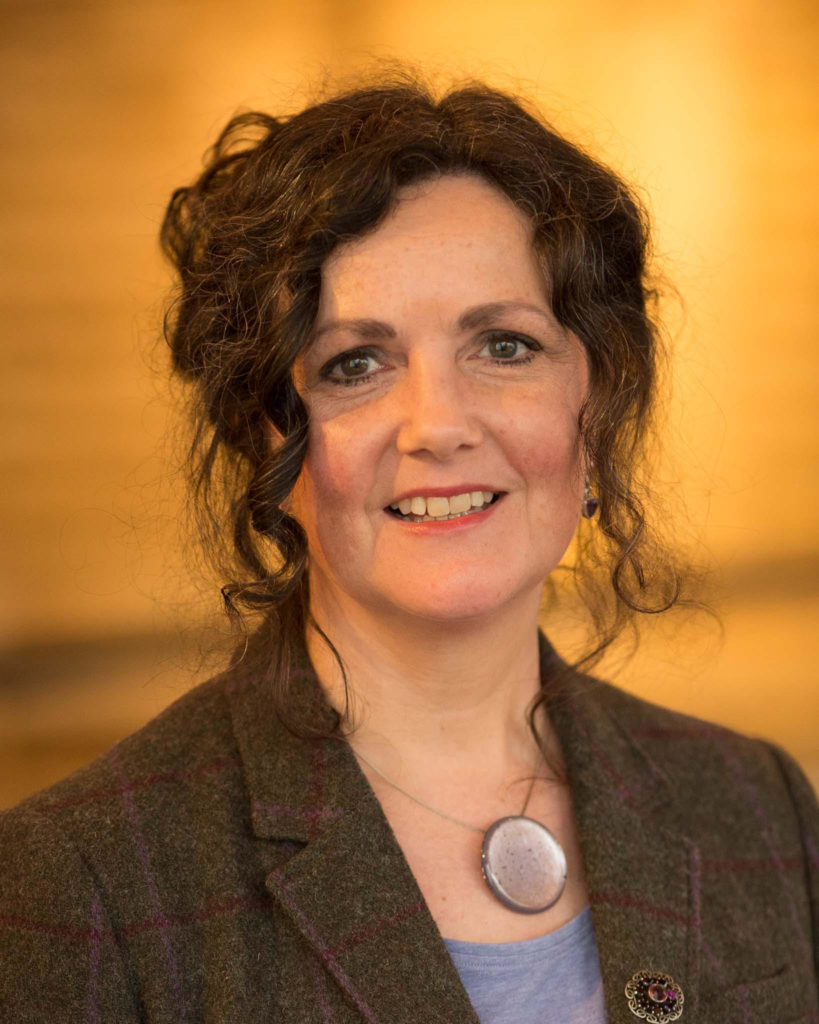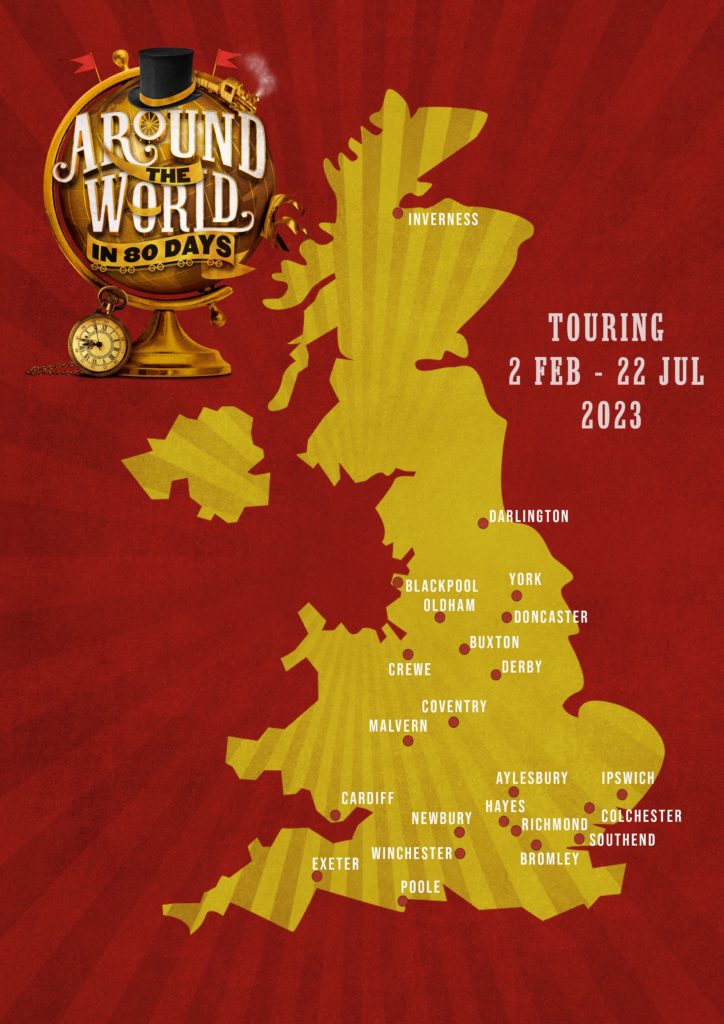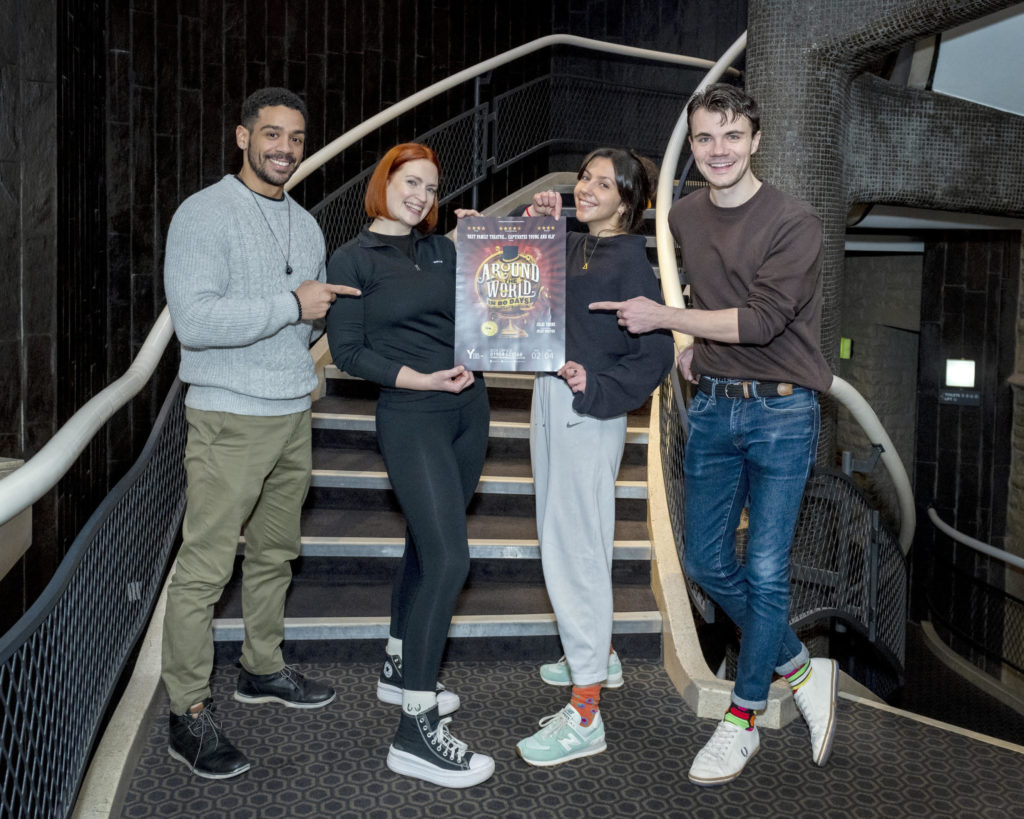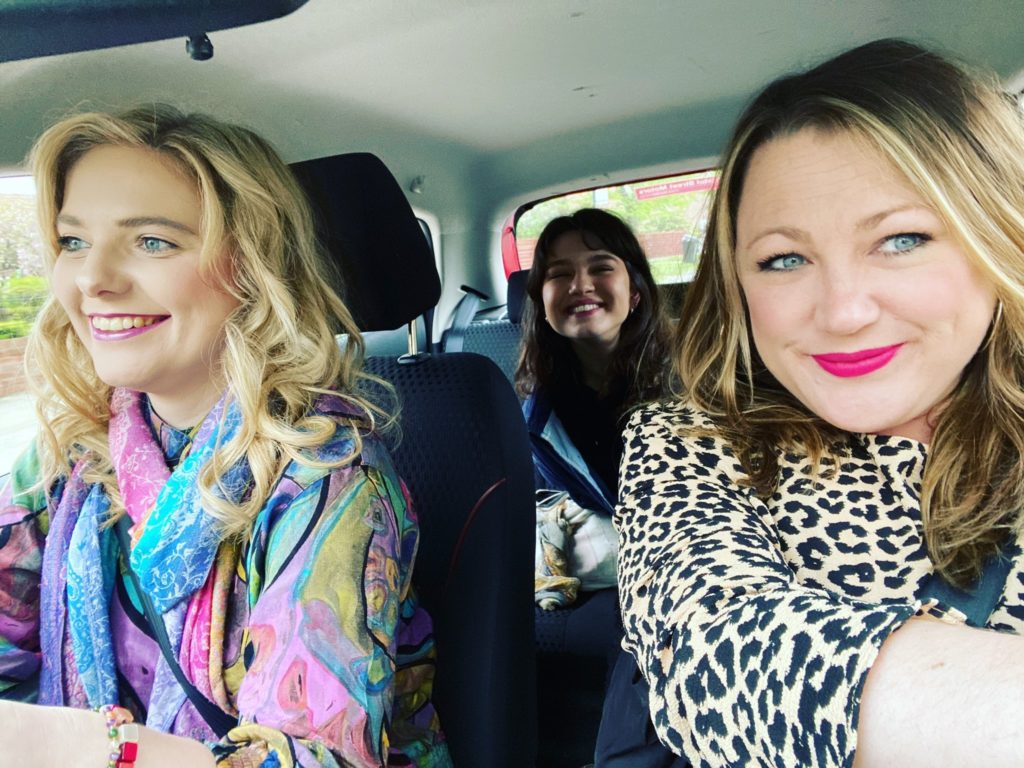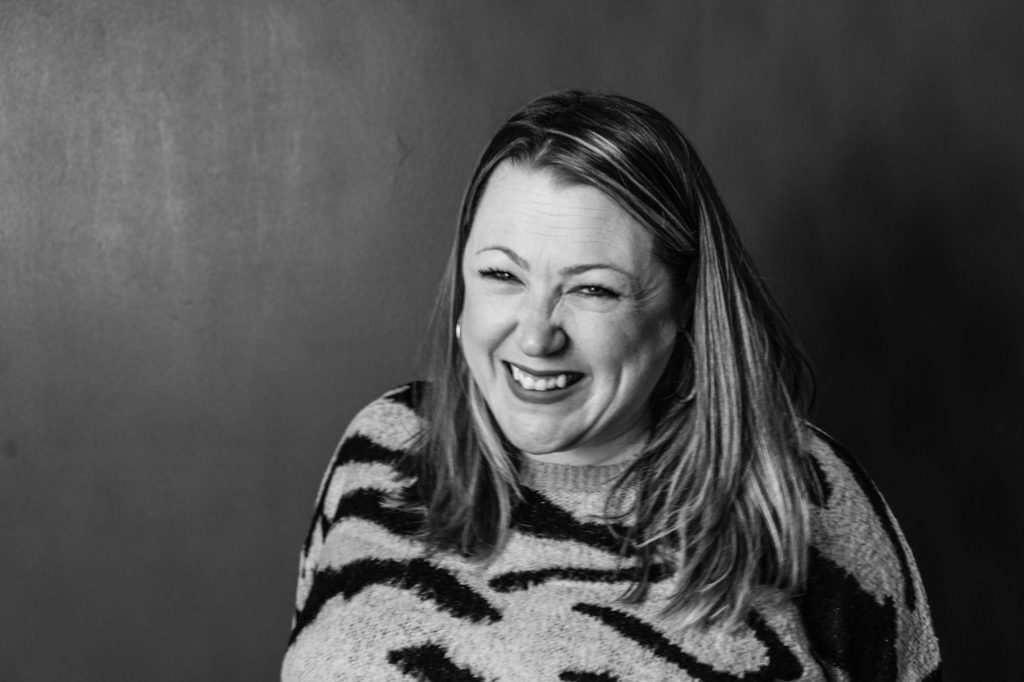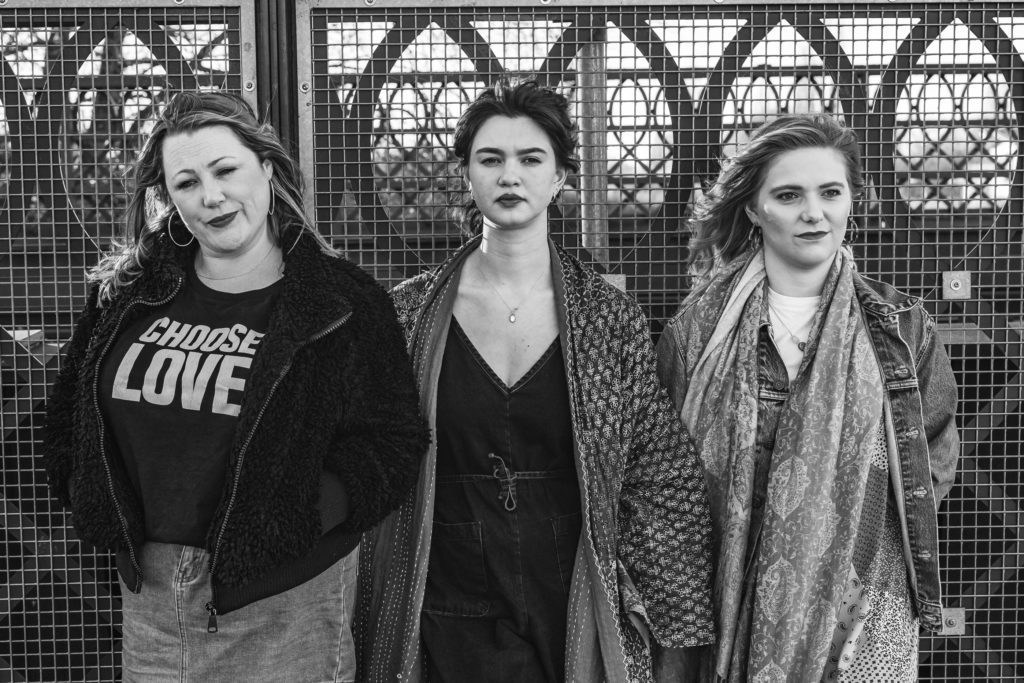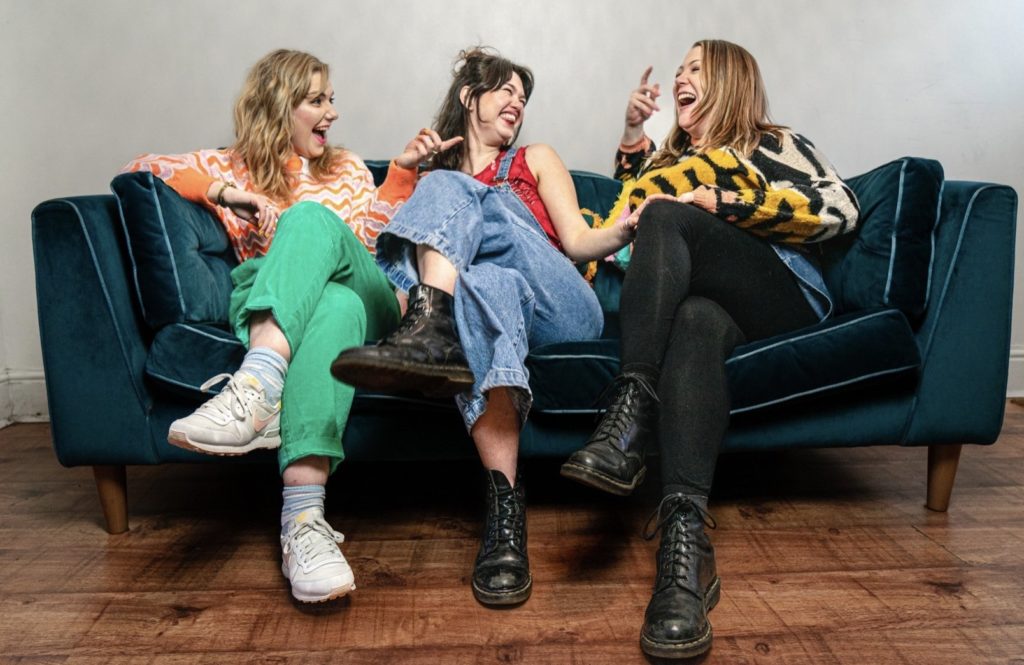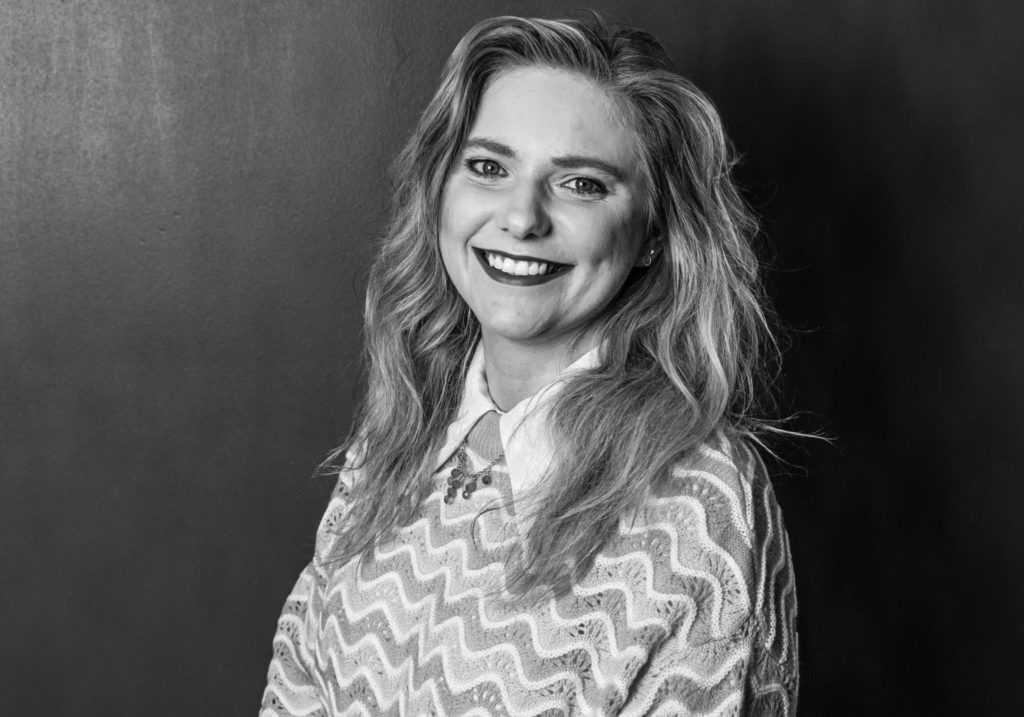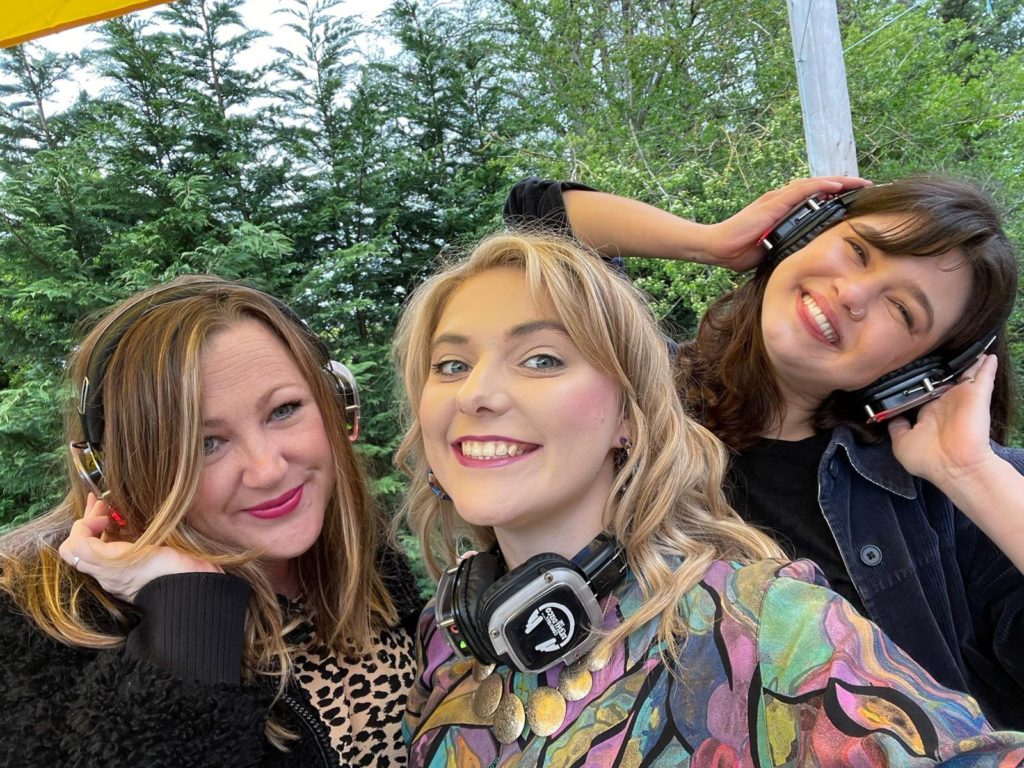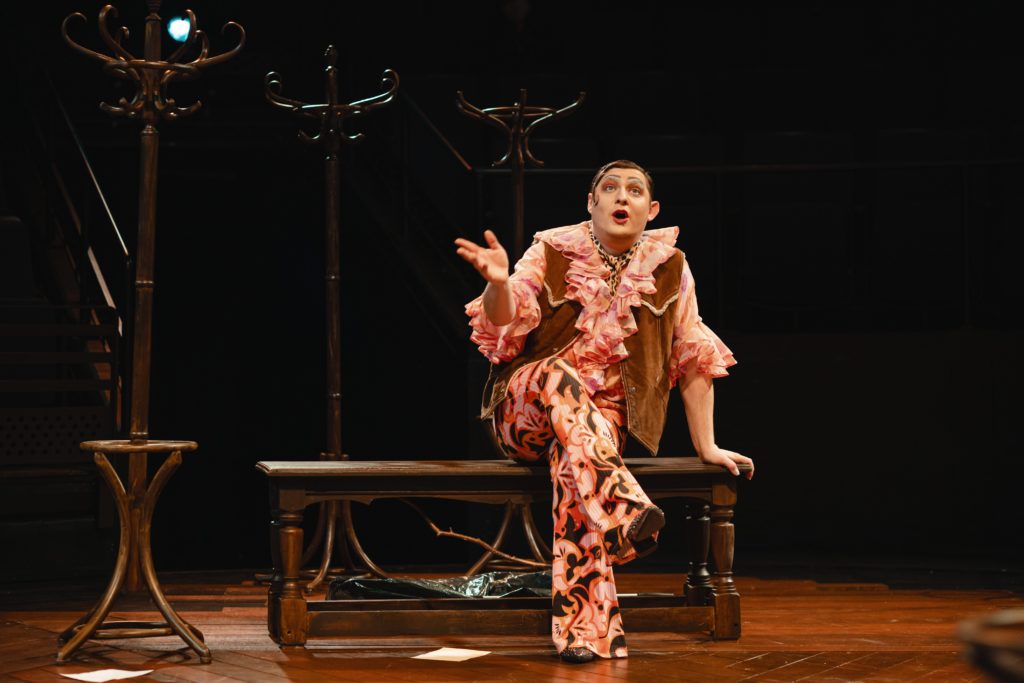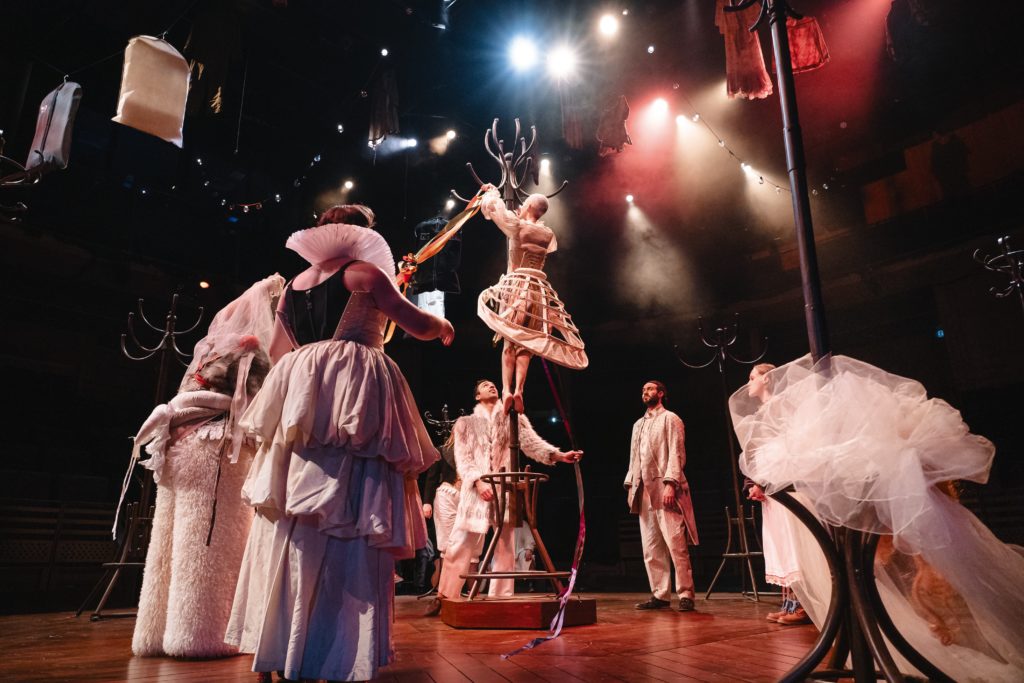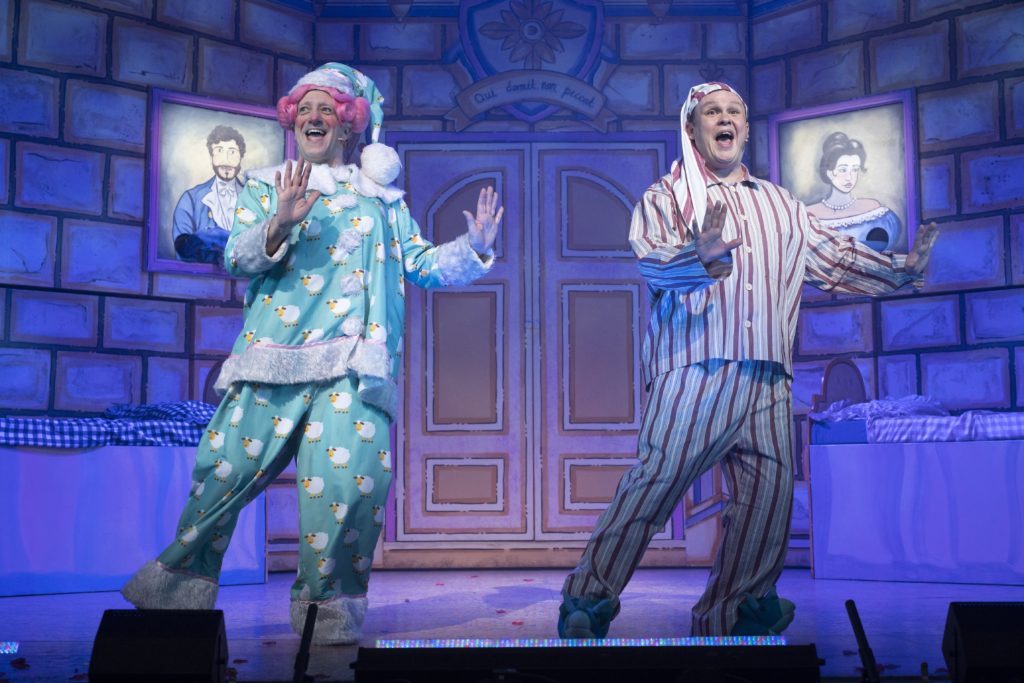
Tommy Carmichael’s Jangles with dame Robin Simpson’s Nurse Nellie in Sleeping Beauty at York Theatre Royal. Picture: S R Taylor Photography
AFTER performing in an Evolution Productions’ pantomime co-production with York Theatre Royal for the first time in Aladdin in 2024, Tommy Carmichael is reprising his daft-lad act as Jangles in Sleeping Beauty this winter.
“Oliver Scott, who works with Evolution director [and Theatre Royal panto writer] Paul Hendy a lot, directed me in The Wind In The Willows on an outdoor theatre tour [by Ely company KD Theatre Productions], when I played seven characters, including Chief Weasel, and then recommended me to Paul, so it fell sweetly into place for me,” Tommy recalls.
Based in Livingston, near Edinburgh, where his partner works, Doncaster-born Yorkshireman Tommy felt very much at home on the York stage straight away. “It was a lovely experience. I felt so welcomed by everyone who was already part of the Theatre Royal show [writer Hendy, director Juliet Forster, regular dame Robin Simpson], but it was also nice that there was a fluidity to creating the show.
“It’s not completely set in stone, so you can play with ideas and suggest things to each other, so the show feels like it’s all of us making it, rather than one person’s ideas.”
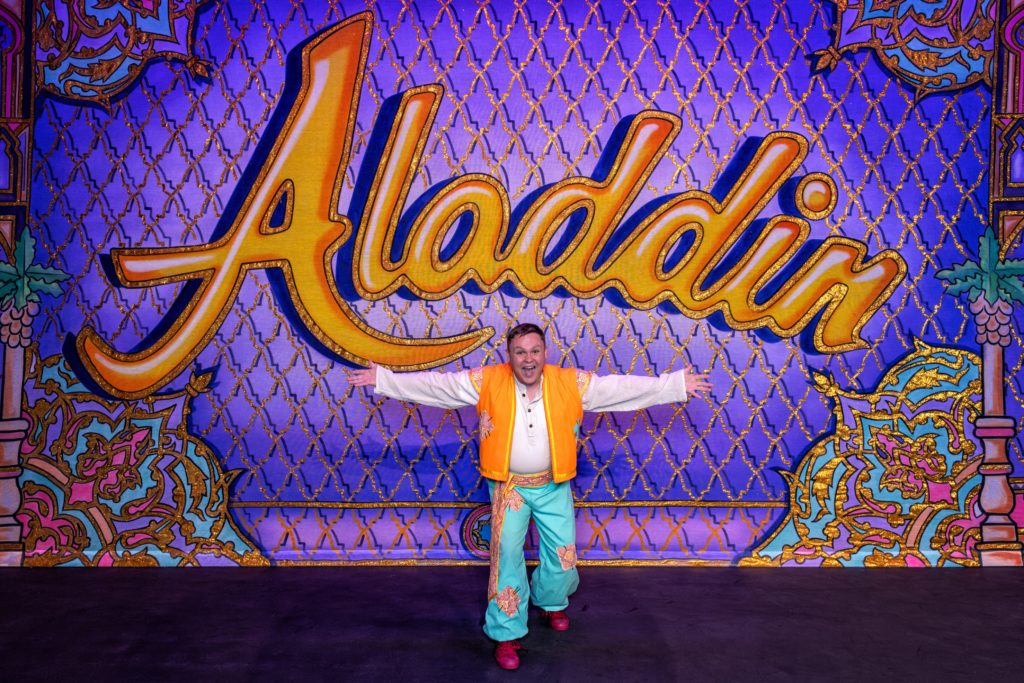
Tommy Carmichael’s ever-cheerful Charlie in Aladdin at York Theatre Royal last winter. Picture: S R Taylor Photography
Now playing the comic’s role in a panto for the fourth time in Sleeping Beauty, Tommy loves bonding with audiences. “The audience is like an extra member of the cast, another character that you can bounce off at each show, as Paul Hawkyard [playing villain Ivan Tobebooed] said to me at Aladdin last year,” he says.
“That helped me because I’ve never been able to work out how the energy changes from rehearsing a scene four or five times in the rehearsal room, where you think ‘Am I doing this right?’, but as soon as you test it in performances, you think, ‘Ah yes, this does work’.”
A key characteristic of his role is to connect with the children in the audience, to be their idiot brother! “I teach children theatre, from the ages of six to 18, in Livingston, where I work at Proscenium Stage School, so that’s very transferable to the stage show, as all the things I wouldn’t necessarily know, they bring into class!”
Tommy is delighted to be bouncing back to York this winter. “The fact that I’ve been asked back is an honour,” he says. “I feel so grateful that the Theatre Royal trusts me with it, because, from doing an audition to starting in the rehearsal room, they don’t know what you’ll be like, but they liked what I gave them in Aladdin and I’m just so excited to be back.”
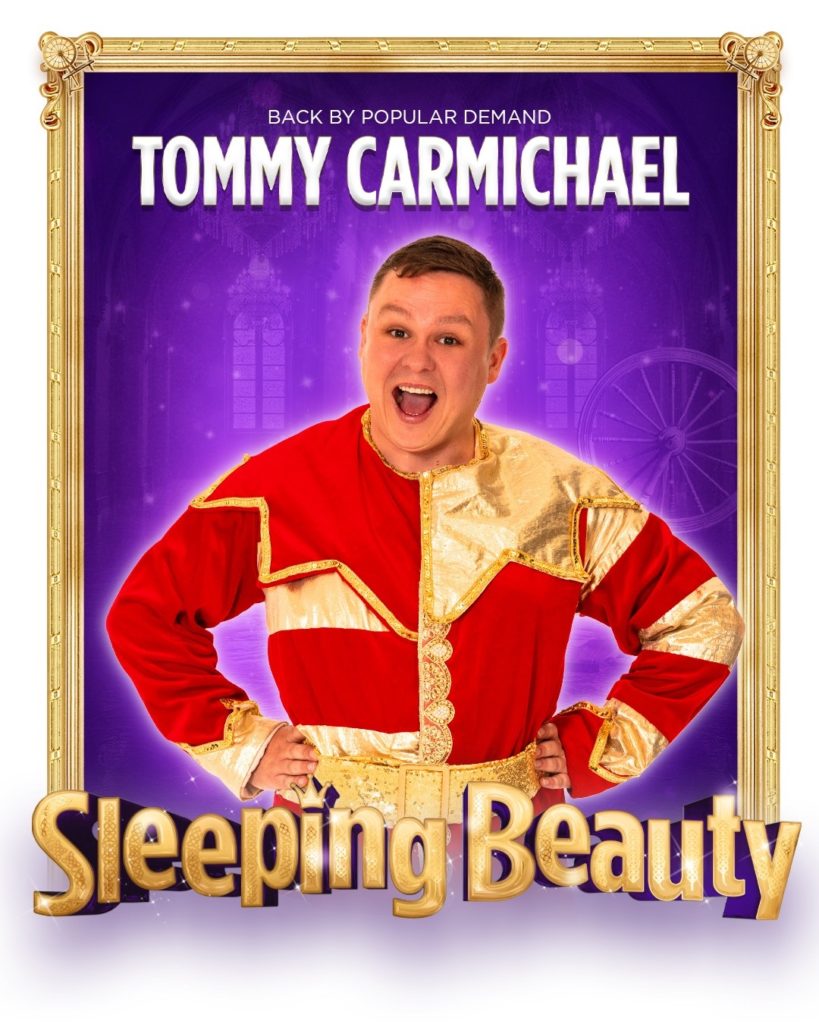
Tommy Carmichael’s poster portrait, announcing his return in Sleeping Beauty
As is the lot of a jobbing actor, Tommy has performed in myriad spaces. “I performed in the grandeur of Ely Cathedral in The Wind In The Willows; I worked with Immersion Theatre Company in Harlow, and during lockdown I did an open-air show in a tent with all the sides off!,” he says.
“I’m a very sweaty person, and you could see the condensation come off my head and hands. That was in Dick Whittington, when I played the dame.”
In his amateur theatre days, Tommy appeared as the dame “a lot”. “I got my panto training in dames, and I’ve played the villain too,” he says. “But I love playing the comic, being able to shout and have the whole audience as your friend, being silly without the pressure of telling the story. I love that thing of ‘Can we just get on with it?’, and I’ll say ‘No’!”
Tommy is back in York after touring in the interactive cabaret show Big Strong Man with the Doncaster company The Growth House, whose motto is “Don’t Grow Up, Grow Out”, delivering “personal, passionate and experimental live events that are part protest, part party and all theatre”.
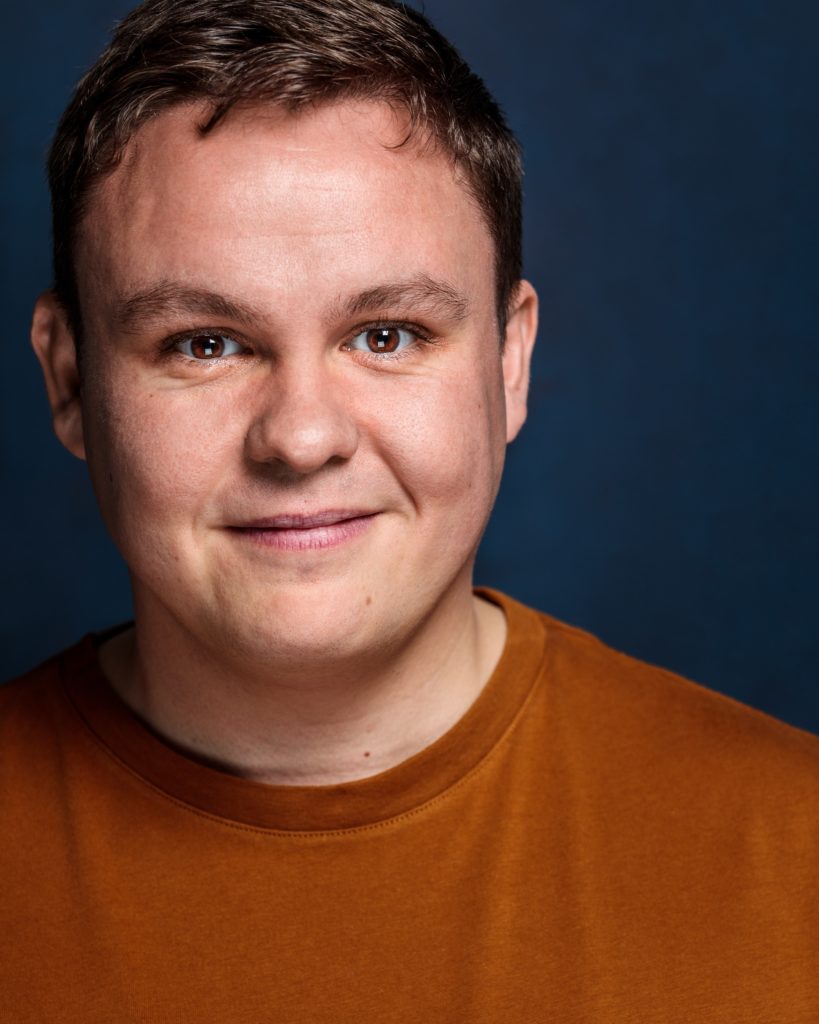
Tommy Carmichael: Spending Christmas Day back home in Doncaster
“They’ve become the resident company at CAST in Doncaster and are now being mentored by the Emma Rice Company [formerly Wise Children],” he says. “That show [Big Strong Man] is like a game show, where four different types of masculinity all fight for who should be ‘the ruler of all men from now until the end of time’.”
Combining storytelling, song, dance, improv, ladders, competition, boy band parodies, lip syncs, placards, blocks, charity-shop suits, karaoke and a bear in a celebration of northern culture and community spirit, “it’s a show where four Northern men are given the impossible task of fixing the men’s mental health crisis in one night. We did it in theatres and working men’s clubs too, taking it to spaces where men in various works of life feel more comfortable.”
Being in York for the winter season has its advantages at Christmas for Tommy. “It had been ten years since I was able to go back to the family at Christmas, but fortunately my family are in Doncaster, so I could see them last Christmas and will do so again this year, having been used to not spending Christmas with them, so that’s lovely.”
York Theatre Royal and Evolution Productions present Sleeping Beauty at York Theatre Royal until January 4 2026. Box office: 01904 623568 or yorktheatreroyal.co.uk.
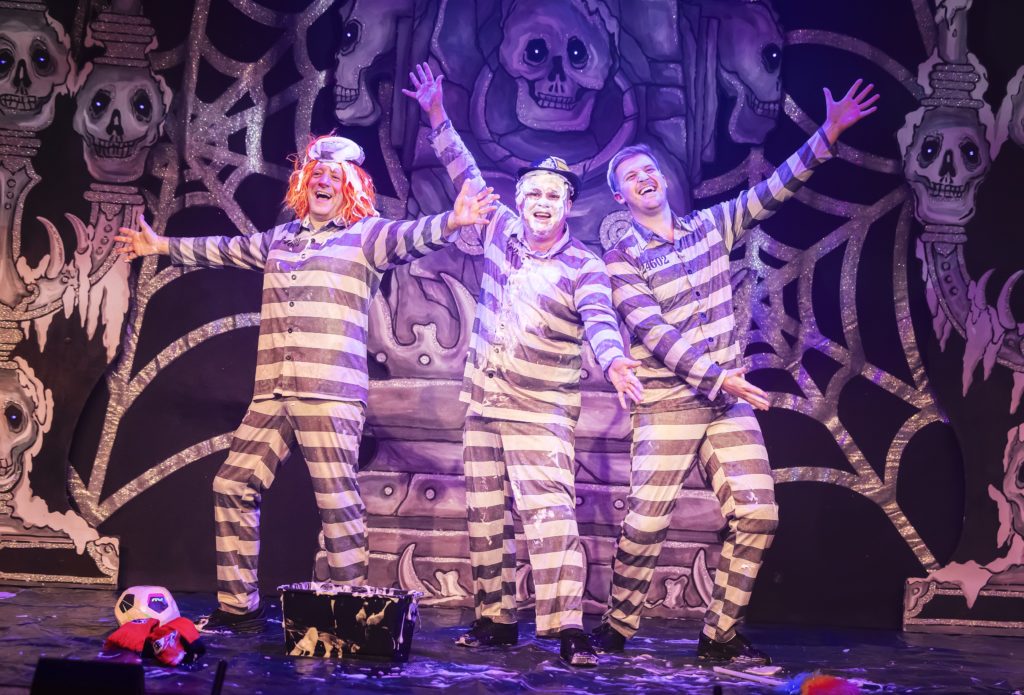
Doing time in pantomime: Tommy Carmichael’s Jangles, centre, in the Sleeping Beauty slosh scene with dame Robin Simpson’s Nurse Nellie, left, and Harrogate actor Christian Mortimer’s Prince Michael of Moravia at York Theatre Royal. Picture: Pamela Raith Photography
Copyright of The York Press


